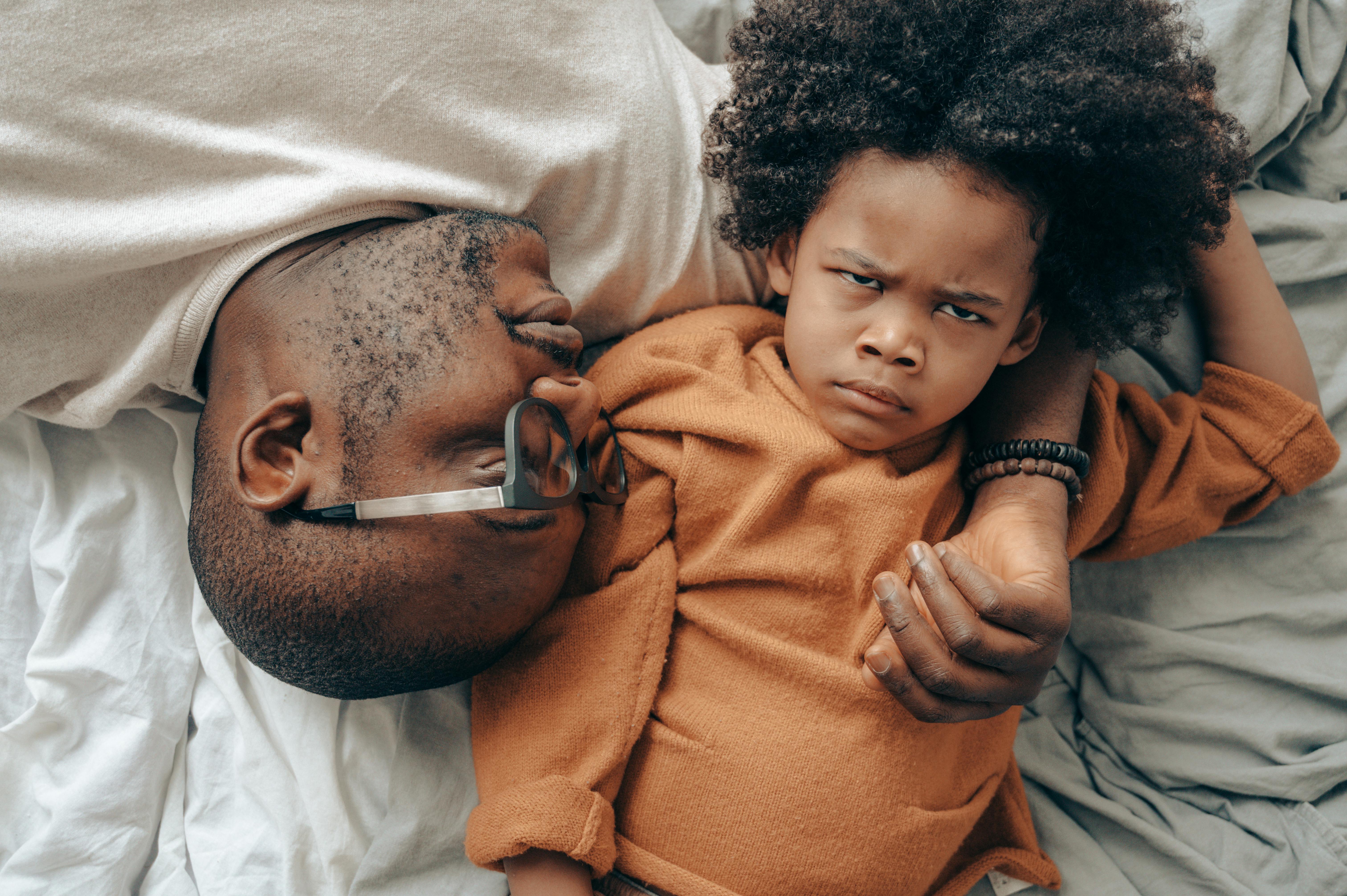Many women who experience painful periods assume that this is a normal part of the process, but nothing could be further from the truth. Often they have tried over-the-counter or even prescription drugs that don’t relieve their pain.
The truth is, a normal period shouldn’t make you spend a week in bed each month or take you unconscious medications just so you can handle the pain. But what is a normal period like?
A few days before your period starts, your progesterone and estrogen levels drop dramatically. This is a sign to your body that you did not get pregnant this month and you may lose your stored blood supply and start over in a few days.
This process shouldn’t cause heartbreaking cramps or wild mood swings, but there are many things that interfere with the process, and one of the main culprits is endocrine disruptors.
Hormones are chemical messengers that tell our body to do things like grow hair, make sperm, release an egg, etc. Endocrine disruptors literally disrupt this process.
I’m sure you’ve heard of the controversy over plastic water bottles. Part of the problem is that many clear plastic containers contain the chemical bisphenol A (BPA) that can leach into food.
BPA mimics estrogen, and studies have shown that women exposed to high levels of BPA have an increased risk of developing uterine fibroids and breast cancer.
That is just one example. The average person is exposed to many sources of endocrine disruptors on a regular basis.
– Hormones are added to poultry, beef and fish food to make them bigger and / or produce more milk.
– Pharmaceuticals that are flushed down the toilet are in the water supply.
– Crops dusted with fertilizers containing endocrine disruptors
– Skincare products are notoriously riotous with hormone-mimicking chemicals
Those are just a few examples, but you get the idea. Imagine all these hormonal challenges along with a diet too high in sugar and starches combined with a sedentary lifestyle. You have the recipe for a monthly trip on the train of pain.
The thing is, if you approach your doctor with your complaints, they will likely prescribe pain relievers. If that doesn’t work, a stronger prescription or even birth control pills. Really? More hormones?
There are many health resources on the Internet, more than at any other time. The problem is that they often contradict each other. Today fish oil is good, tomorrow krill is better. One book recommends vegan, another suggests the omnivore diet.
I don’t take anyone’s advice, but I do listen to experts who speak from experience and have a proven track record of success. If you’re looking for a comprehensive way to end PMS and menstrual cramps, you’ll want to take a look at Women’s Health Academy. As an example of the information available, listen to Nancy Desjardin, a Registered Nutrition Consulting Practitioner, who gives you 7 ways to control your cravings.



